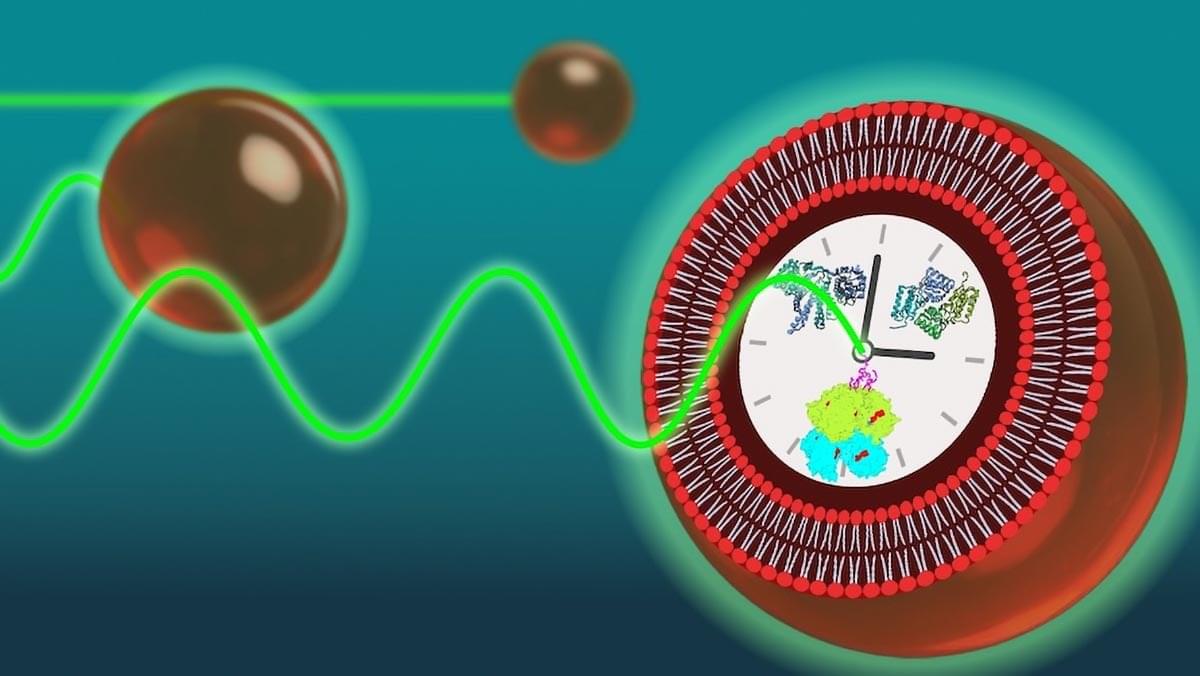Though atomic nuclei are often depicted as static clusters of protons and neutrons (nucleons), the particles are actually bustling with movement. Thus, the nucleons carry a range of momenta. Sometimes, these nucleons may even briefly engage through the strong interaction. This interaction between two nucleons can boost the momentum of both and form high-momentum nucleon pairs. This effect yields two-nucleon short-range correlations.
Experiments at the U.S. Department of Energy’s Thomas Jefferson National Accelerator Facility have studied these pairs to learn how protons and neutrons preferentially pair up at short distances. However, short-range correlations involving three or more nucleons haven’t been detected yet.
Now, in a study published in Physics Letters B, researchers used data from a 2018 experiment in Jefferson Lab’s Hall A to measure the signature of three–nucleon short-range correlations for the first time.









